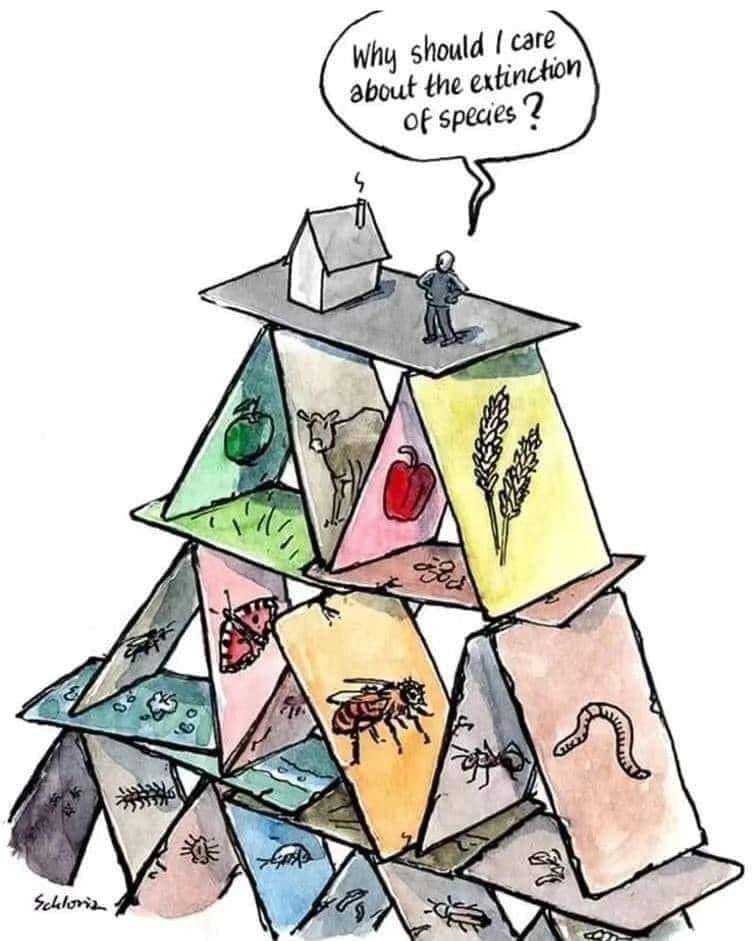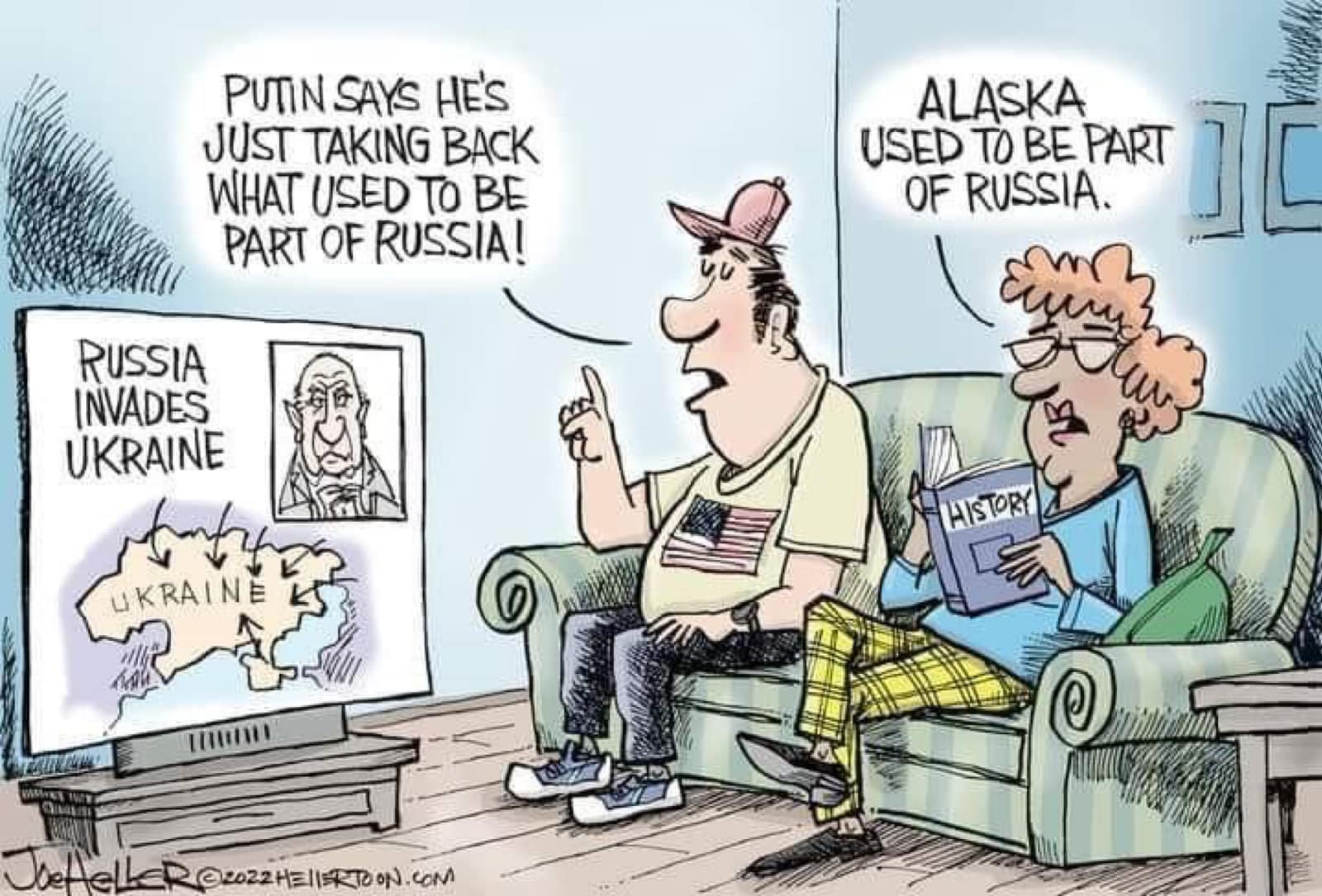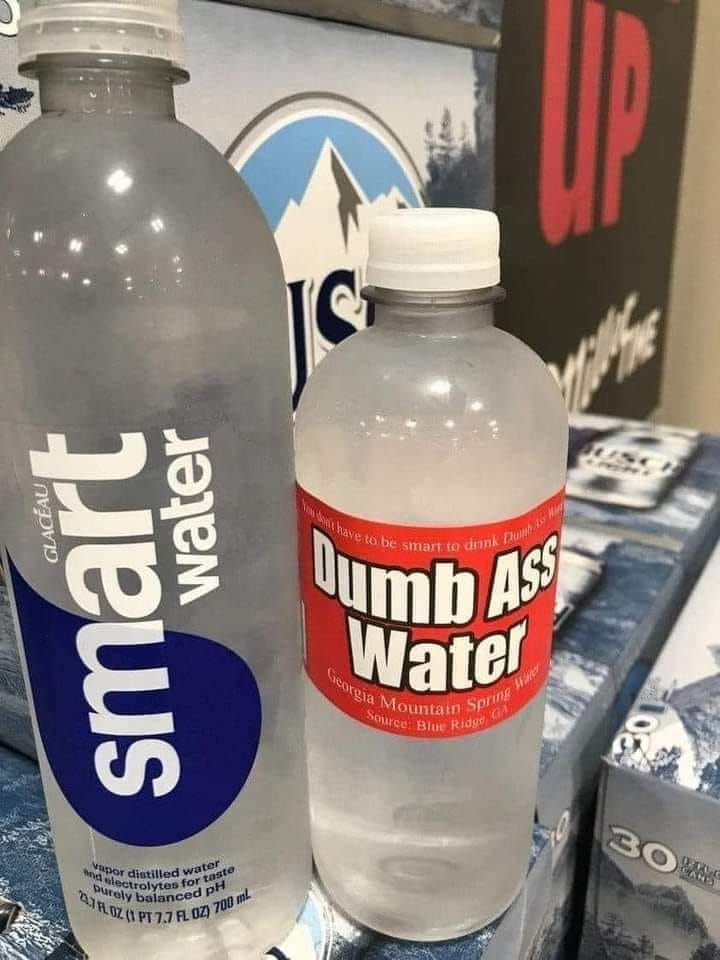Why Should I Care?

Some are even proud of the fact that they are standing up against conformist, politically correct lifestyles.

Some are even proud of the fact that they are standing up against conformist, politically correct lifestyles.

At left are the flags flown in front of a house less than one mile from where I’m writing this post.
Hmmm. “The Revenge Tour.” Here’s a guy who wants a president who’s all about vengeance. Nothing that could even possibly translate into a better quality of life for the American people, just getting even with the woke libtards who stole the 2020 election, judges in the 60+ courts who found no evidence that the election was rigged, and the authors of the four indictments featuring 91 felony counts.

If they want to know what I believe, it is this:
Sham colleges, i.e., those who exist only to move public opinion to the extreme right, whose MO is causing confusion about the meaning of the word “socialism,” are doing a huge disservice to the country.
FWIW: Social democracy is frequently considered a practical middle course between capitalism and socialism. Social democracy aims to use democratic collective action for promoting freedom and equality in the economy and opposes what is seen as inequality and oppression that laissez-faire capitalism causes.
 This from author Fran Lebowitz:
This from author Fran Lebowitz:

The meme here may constitute an exception. Burning and banning books has never been a practice of the heroes in any contest.

Clever, and accurate at the same time.
We don’t need bottled water of any type. Drinking water from reusable containers will help keep plastic waste out of our environment.


One might hope that every automaker on the planet would be eager to participate in this movement, but that sentiment doesn’t seem to be alive at Toyota.
The world believed that Toyota’s introduction of the Prius 20 years ago signaled, perhaps, a leadership role here, but now we seem to be stuck with a fleet of vehicles that includes the 2023 Tundra, with its EPA-estimated 15/19 mpg city/highway.
What’s the thought process here? Cynics are pointing out EVs have few moving parts, and thus need virtually no parts and service. Having said that, you’d hate to think that a company like Toyota would sell out the planet for a few yen.

I have personal connections at my bank that I don’t want to offend, and so I’m not switching, but if that weren’t the case, I would love to be with an institution that’s dedicated to high ethical standards vis-a-vis the environment.